![Textured illustration of a person with an afro, with weights, a mug, plants and a blanket behind them,].](_images/happiness-whatishappiness-mainimg.jpg)
What is happiness, anyway?
Fall/Winter 2021 issue
Happiness just may be one of the world’s greatest conundrums. When it’s there, it’s often fleeting. When it’s not, it can seem impossible to attain. There's societal pressure to be “happy,” with a lot of value placed on the “feeling,” so much so that when people are not happy they can feel like abject failures.
That’s why we at Summit wanted to explore the happiness “issue” this time around. A lot of what we do daily is aimed at making ourselves happy, such as landing the perfect job, finding the ultimate partner and accumulating the material wealth we think we need. What if we’ve managed to do all that (at least to some extent), but we’re still not happy? And what is happiness, anyway?
“Research shows that happiness is where you're completely content and you find joy in the littlest things,” says Dr. Tara Grams, PhD. “It's almost like finding micro-moments of emotion.”
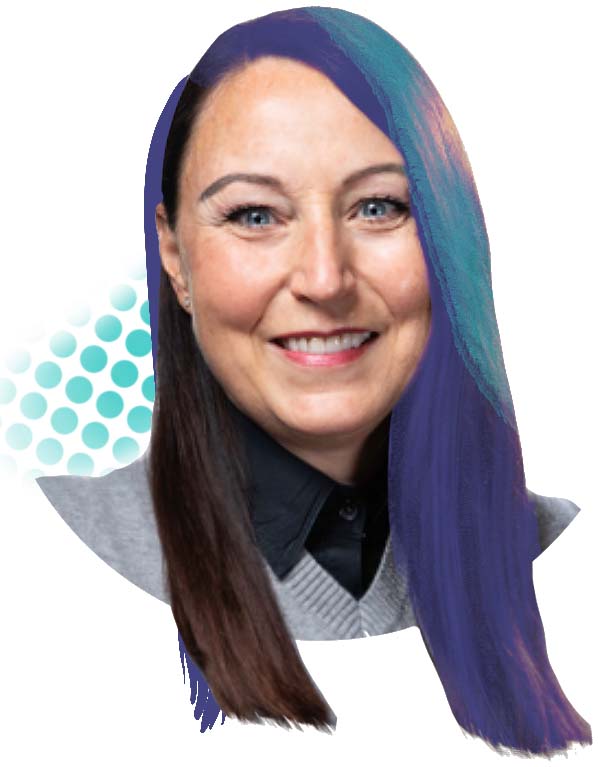
Dr. Tara Grams, PhD
Grams, who works in MRU’s psychology department, earned her doctorate in the field of positive psychology. A fairly new area of study credited to the University of Pennsylvania's Dr. Martin Seligman, PhD, positive psychology first started to take root in 1998. It came about as researchers began to realize they were concentrating mainly on the negative aspects of psychology, such as depression and abnormal behaviours, and trying to “fix” them. Positive psychology looks at when things are going well and works to understand how to duplicate that.
Grams says continued happiness demands being present in the moment and the ability to reframe difficult situations, such as having a flat tire. If you can eliminate or minimize the negative (“Now I’m going to be late for work!”) and turn it into something more positive (“Thank goodness I have roadside assistance and that it’s a nice day.”) then you have more chance of being happy overall.
“The one thing we always have the power to choose is how we’re going to react to a situation,” Grams says. “And there's something magical and awesome about that.”
The problem is that attaining happiness may sound easy, but in fact it is not.
This section peels back the layers of Mount Royal, exposing its intimate inner-workings.
Your personality plays a part (obviously)
Happiness is never guaranteed, even less so for some than others. Dr. Naomi Grant, PhD, of Mount Royal’s Department of Psychology says, “What the research shows is that a large part of happiness is genetic. It’s really hard to simplify to a percentage because genetics interact with environmental factors as well. But absolutely a huge part of your happiness is just the way you are.”
In her popular book The How of Happiness, psychologist Dr. Sonja Lyubomirsky, PhD, suggests that 50 per cent of happiness is genetically predetermined, 10 per cent is due to life circumstances and 40 per cent is the result of your personal outlook.
Happiness can be defined in many different ways, too, Grant says. One is according to life satisfaction. Another is how much positive emotion is experienced each day as opposed to negative emotion.
So, to start, we need to take a look at how much happiness we are actually capable of and figure out what that means to us. The best way to begin, Grams says, is by living an “authentic” life.
“Be who you are. Don't try to compete with or be anyone else. Just be vulnerable. If you have good self-worth, it goes a long way towards being able to make those more positive decisions,” Grams says. “Like anything worth doing, it is hard work, but the more you do it, the easier it becomes.”
These are debates psychologists have had for ages, but all agree that there’s a lot more we could do as individuals to support our own happiness — whatever it may look like. The goal in the following pages is to find out how.
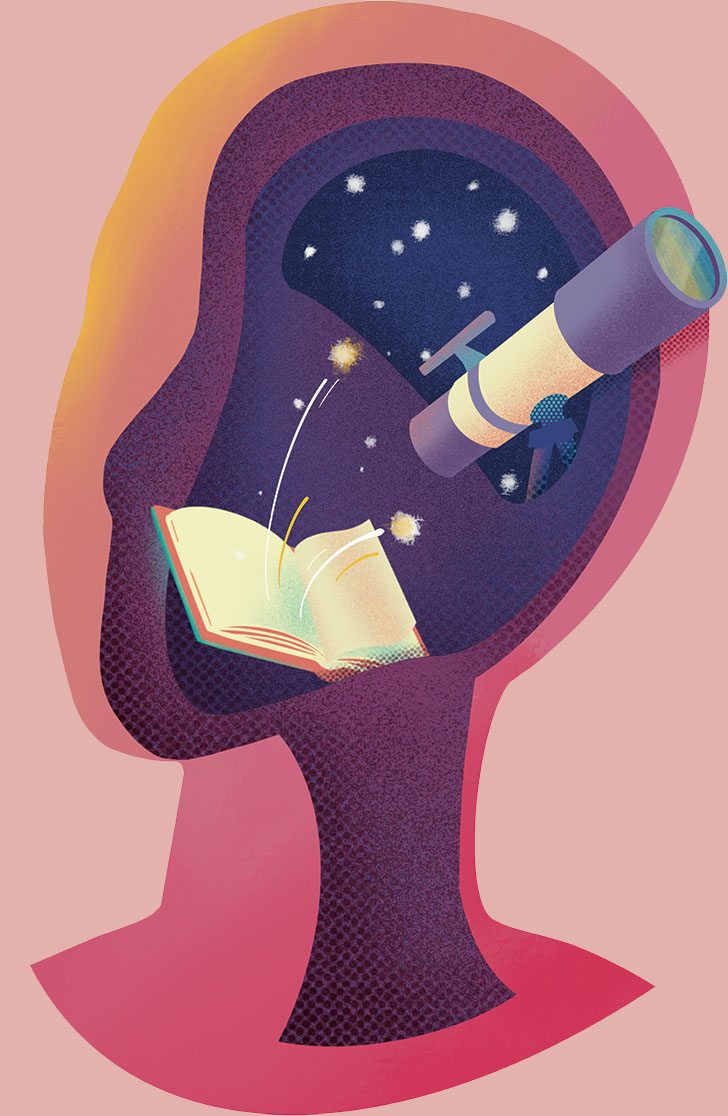
‘The Conquest of Happiness’ then and now
Philosopher and author Bertrand Russell took a deep dive into happiness nearly 100 years ago. Do his words still stand today?
More
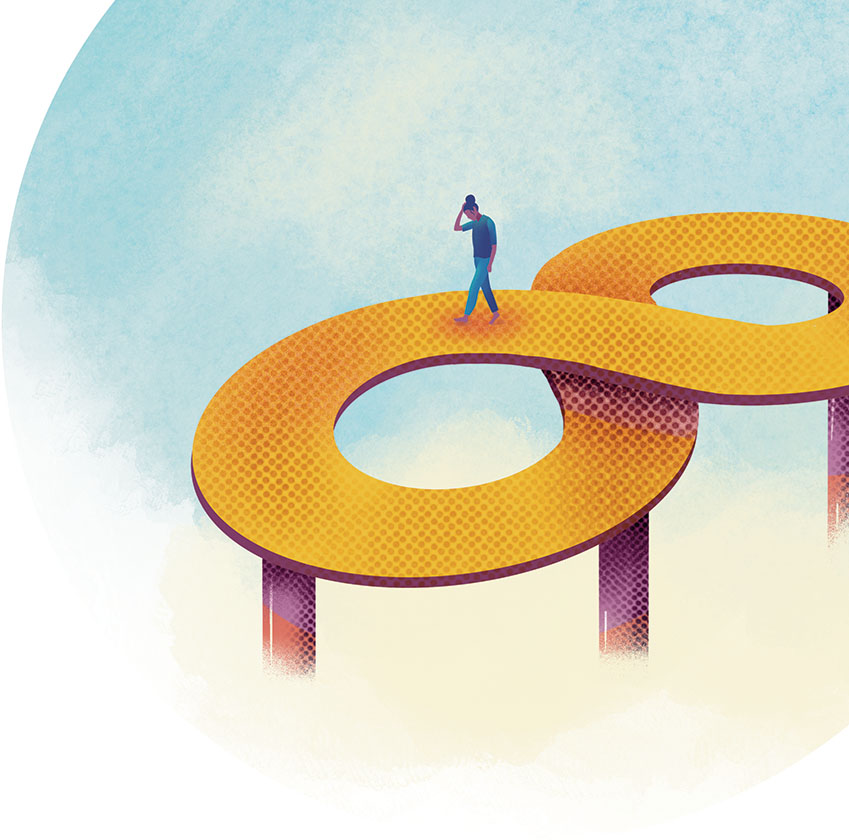
‘This is fine ...’
Toxic positivity is a forced optimism that can trap people in a vicious loop, doing far more harm than good.
More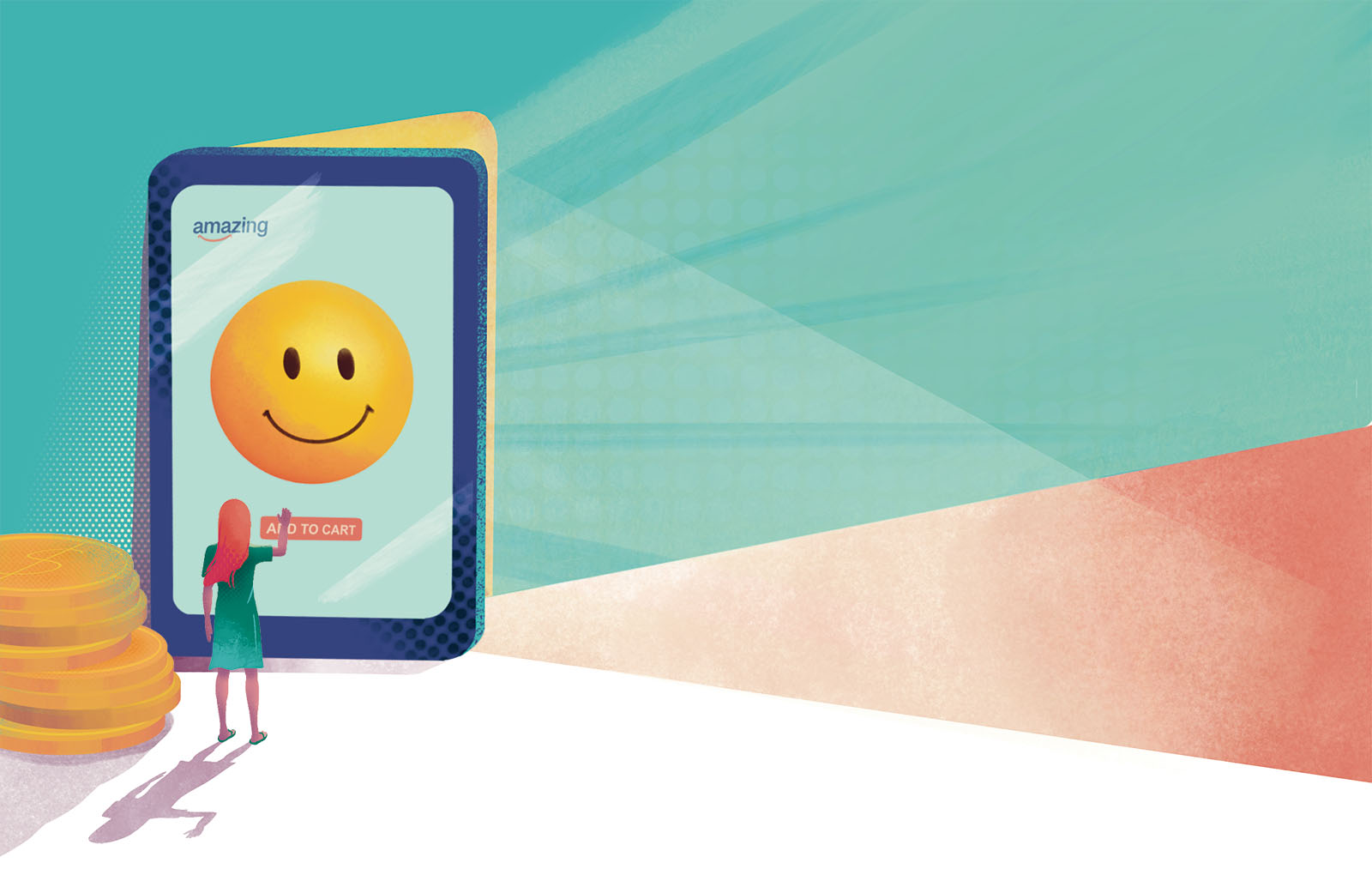
The best things in life really are free
We think money is the direct line to a carefree and fulfilled life, but studies say that isn’t necessarily true.
More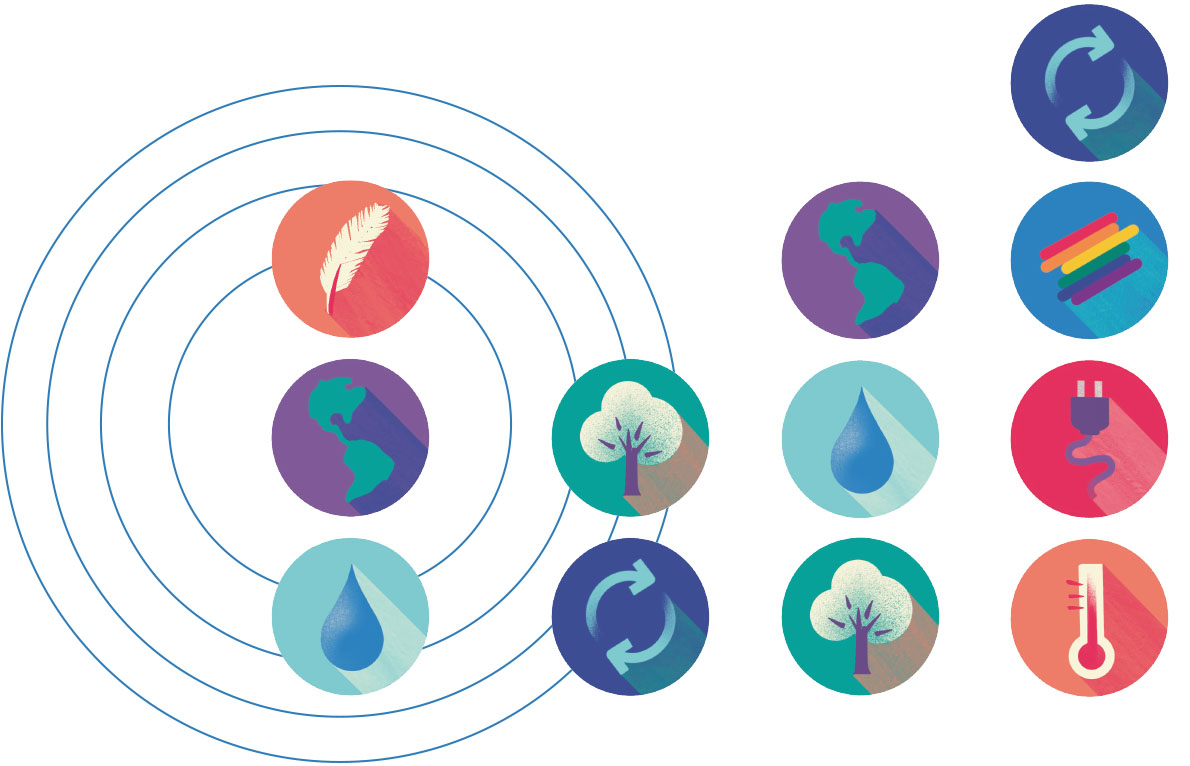
Cancelling commodification
Don’t tell Amazon, but making values-based decisions about your purchases leads to the most customer satisfaction.
More

Can work be your happy place?
We spend a lot of time at work … so much so that it’s our second home. What is the actual interplay between work and happiness?
MoreThe reflections you see may not be accurate
Social media is great for making connections, but the constant comparisons with others can be harsh.
More
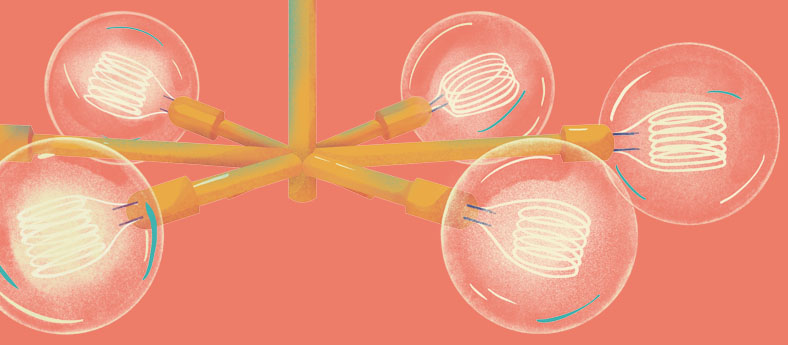
Designs on positive living
Our surroundings have a lot to do with how we feel. Taking care with our built environments can lead to more positivity.
More
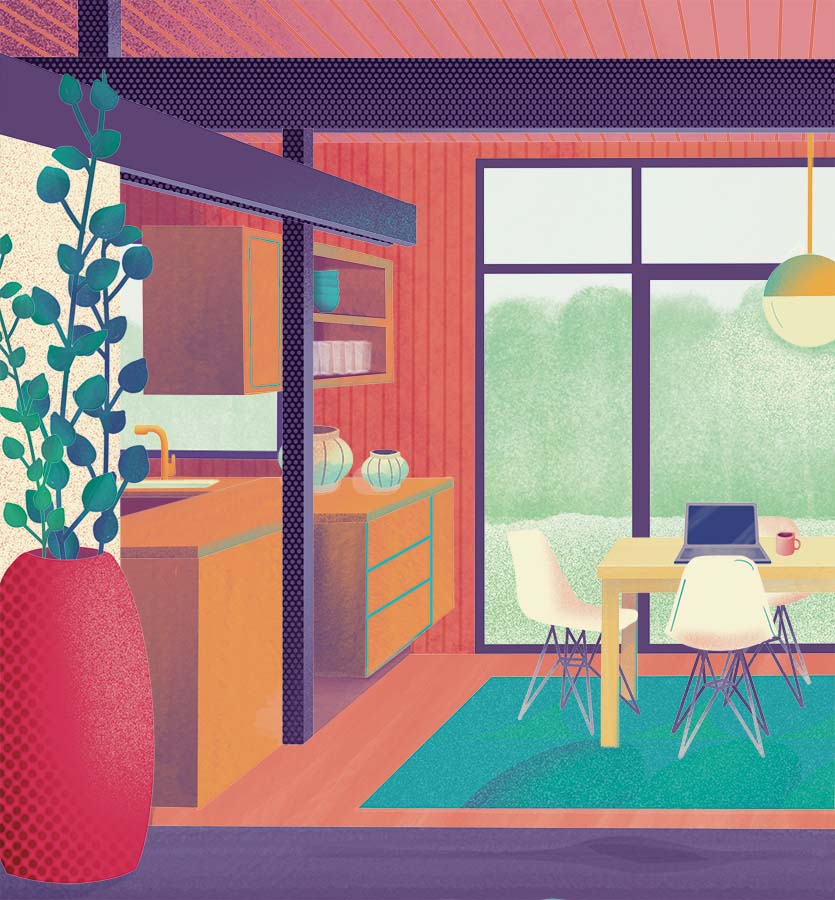
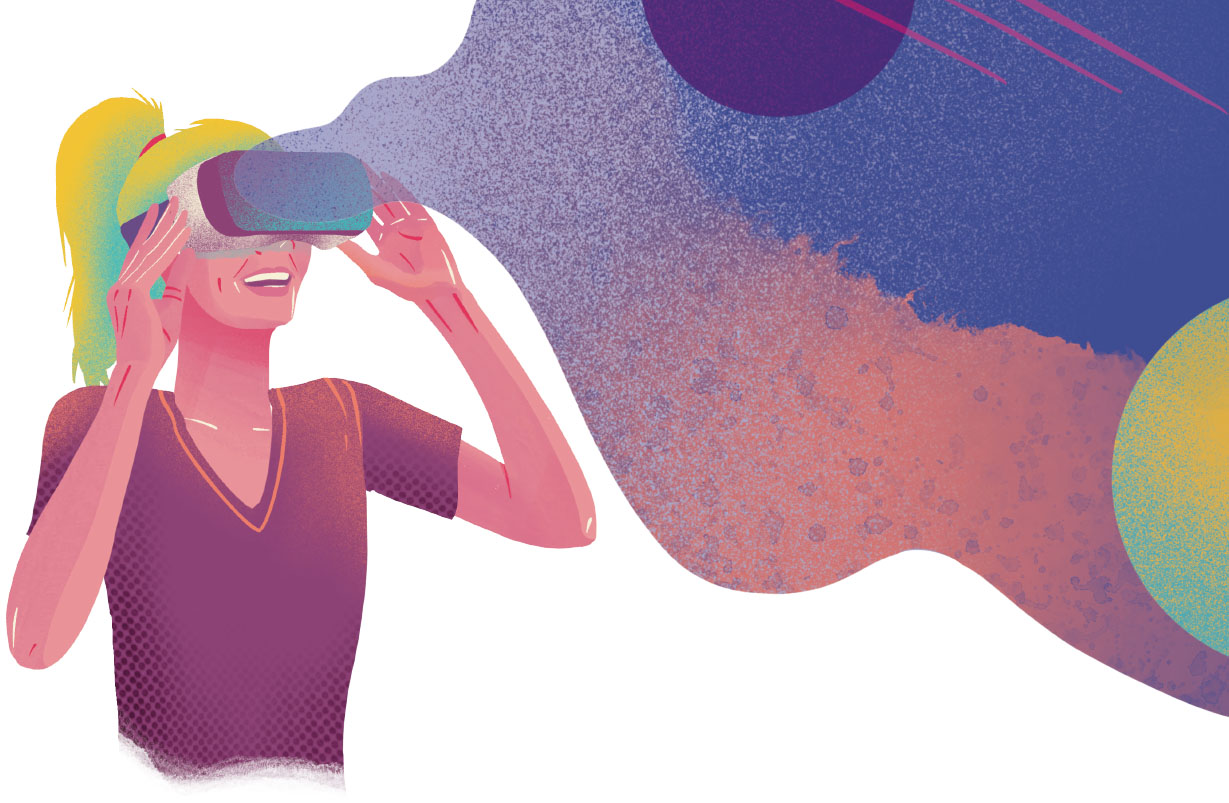
The contented classroom
These three MRU courses have happiness at their core through a focus on escape, resilience and therapy.
More


